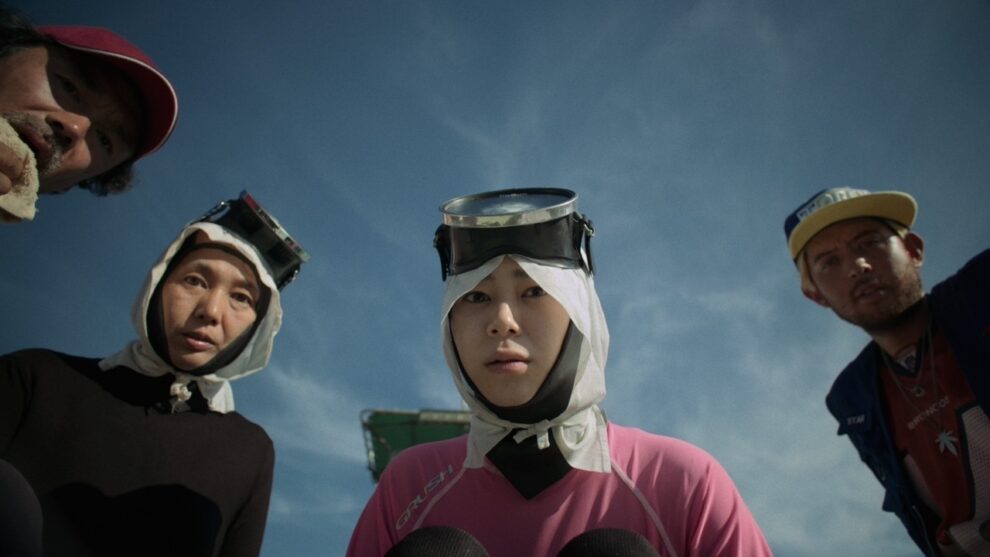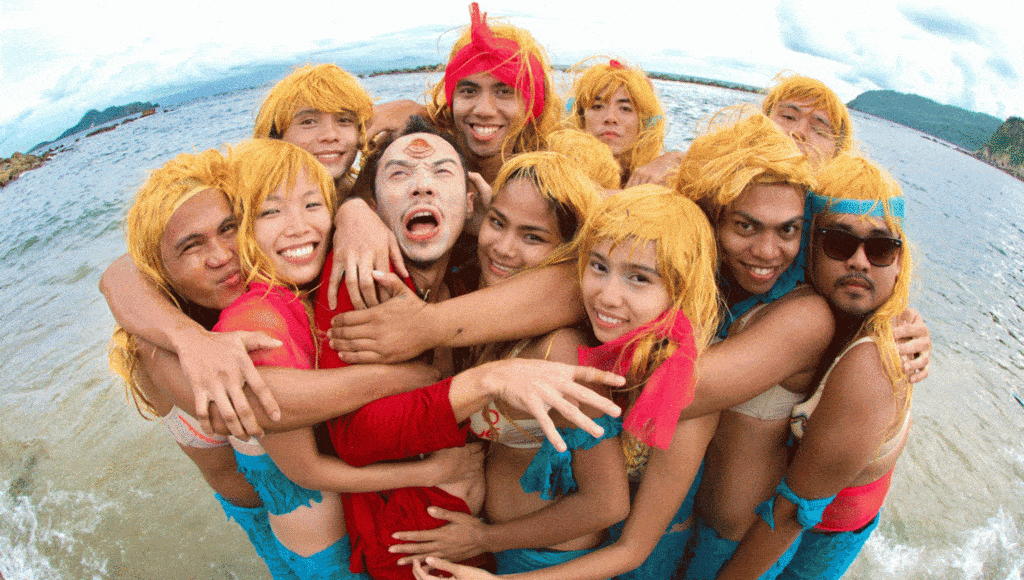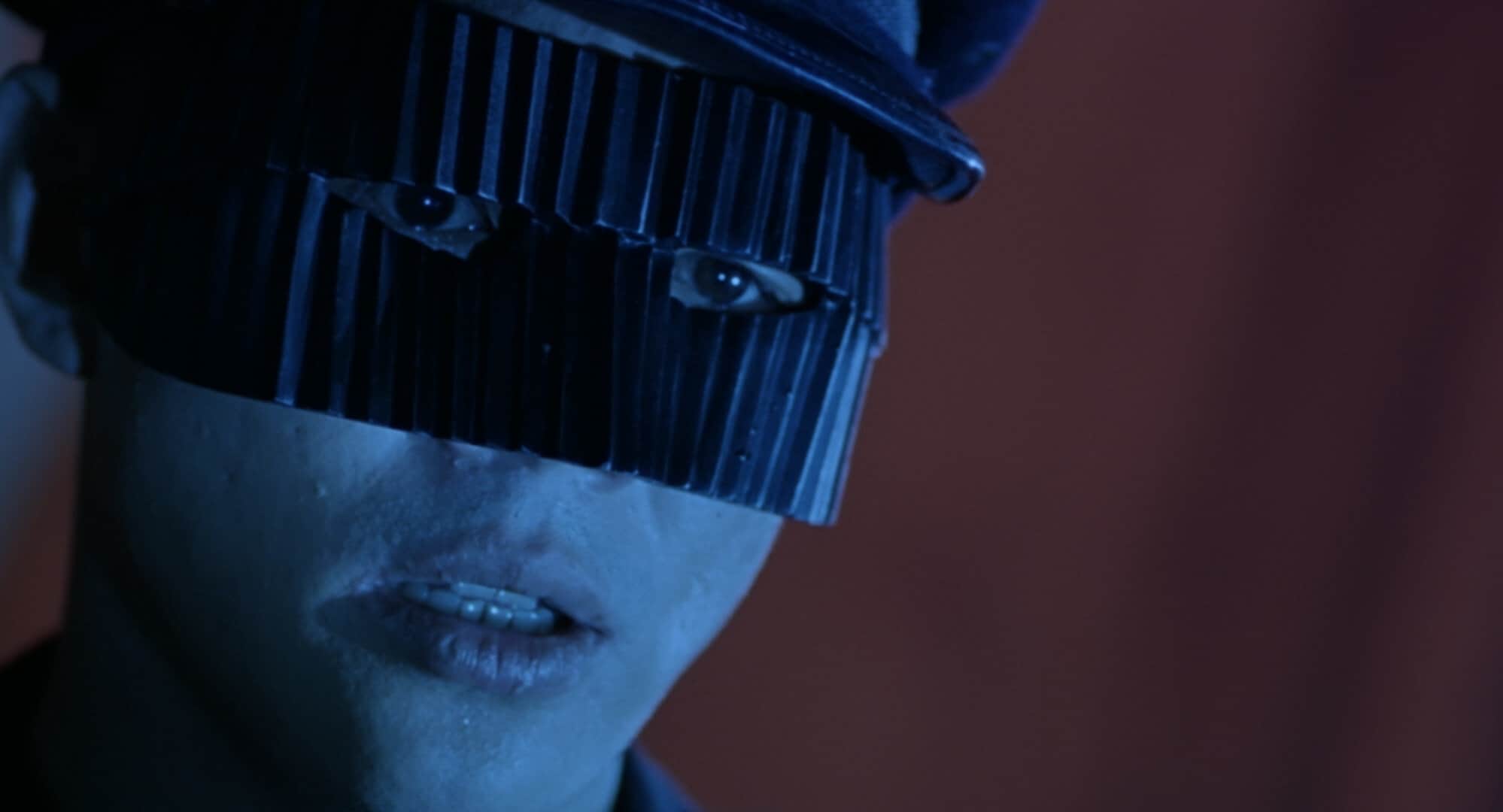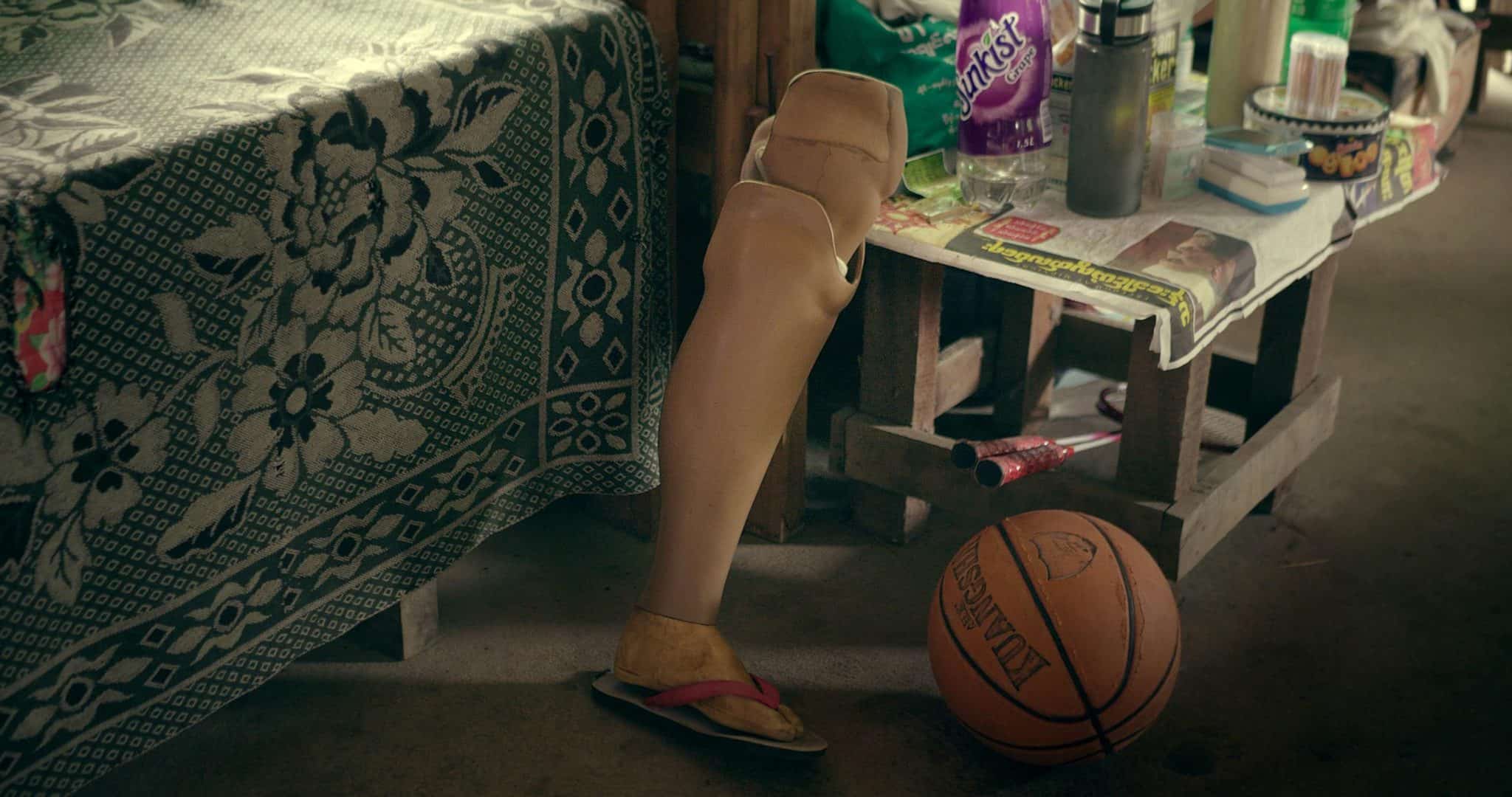Chris Rudz's “All the Songs We Never Sang” is a film, much like its lead, that is full of promise, though gets somewhat distracted along the way, resulting in a more conventional summer excursion than it could have been. Such is the way with life.
“All the Songs We Never Sang” review is part of the Submit Your Film Initiative

Natsumi (Miru Nagase) is a teen who has seemingly hopped on a train and run away from her Tokyo life, somehow making her way to her aunt's house on the remote island of Kojima. But arriving unannounced, she is met with a cold shoulder by her mum's estranged sister, Reiko (Junko Kano). Eventually, taking some pity on the young woman, she takes her in, promising to show her the ways of ama, diving for pearls, if she gets up early enough.
Gradually, Natsumi becomes part of the team who go out daily in the water, though she seems less interested in learning about the traditional method than she is discovering “Mermaid Bay,” the place where her mother and father shared a special moment. For this, she enlists the help of neighbour Shijo (Kai Hoshino Sandy) – AKA MC Struggle, the island's best rapper, who ferries people to-and-from the mainland – having some summer fun along the way.
The opening moments suggest that this will be something of a deep exploration into the women who go diving for pearls, almost as a pseudo-documentary, with atmospheric diving scenes. With a largely international crew, in the form of director Chris Ludz, along with fellow writers Tobiasz Piatkowski and Simon Rowe, one would be forgiven for thinking this would go the way of a more educational exploration of the culture, rather than a backdrop for a story.
Whether good or bad, this is the latter, with Reiko's occupation more incidental than anything. The true story is of Natsumi's desire to connect with her mother's past, though she learns that the twin sisters fell out beyond repair many years ago. Reiko wears her fall-out with her sister on her sleeve, becoming cold as a result, though Natsumi's intentions are more concealed from her elders.
It is something of a disappointment, however, that beyond some diving scenes reminiscent of “Ghost in the Shell,” we don't learn more about the particular way of life. It is a source of escape for Reiko, but she doesn't share her experience with her niece. Instead, we learn more about her losing in love, the main focus of her backstory.
Increasingly, Shijo becomes less of a comic relief and more a key character, as Natsumi's trip extends. As the story progresses, this becomes more of a comedy, though of the silly variety. Shijo's attempts at a rap career and overly-determined young police officer Yuka (Aoi Shono) start to become a little too dominant in the story and actually distract. Other areas are hinted at, such as the heavy drinking of sailors and the lack of much youth on the island, resulting in Shijo's idiosyncrasies, and could have taken this in a different direction.
The relatively novice cast give somewhat inconsistent performances, though veteran Pierre Taki is world-weary yet knowing as the island's police sergeant. Christian Denslow's cinematography certainly makes this look the part, capturing the sad, haphazard atmosphere of small Japanese islands, and the deep blues of the aforementioned diving scenes.
While nothing wrong with the music itself, the soundtrack feels a little misplaced and erratic. It pops up in short bursts when felt unnecessary, and can make this feel too much like a summer romance music video. Less would have been more here, with the sound of waves perhaps the only soundtrack required. Is this entertaining and enjoyable? It can certainly pass for that, but feels a little pedestrian as a result. Where it could have perhaps dived a little deeper, it prefers to come back up for air. While this makes for an easier journey, it feels a missed opportunity to have shown a little more.















